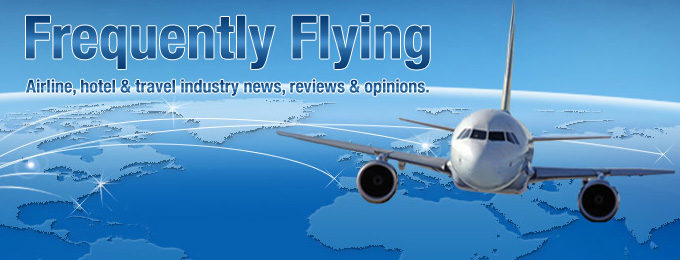Travel agents and other third parties who supply and sell airline tickets were winners and losers this week.
 United Airlines reversed its policy that restricted some U.S. travel agencies from using the carrier’s merchant service account when processing airline ticket payments with credit cards. These fees, which generally represent between 1 and 3% of the total transaction, were being passed along to select agencies since the middle of 2009, thereby further eroding any possibility of a profit for simple airline ticket sales. Commission rates for travel agencies have been slashed over the years, so any type of new fee is simply reducing the dime or quarter they might make to a penny or nickel. The Business Travel Coalition this week credited the combined United-Continental management team for the change.
United Airlines reversed its policy that restricted some U.S. travel agencies from using the carrier’s merchant service account when processing airline ticket payments with credit cards. These fees, which generally represent between 1 and 3% of the total transaction, were being passed along to select agencies since the middle of 2009, thereby further eroding any possibility of a profit for simple airline ticket sales. Commission rates for travel agencies have been slashed over the years, so any type of new fee is simply reducing the dime or quarter they might make to a penny or nickel. The Business Travel Coalition this week credited the combined United-Continental management team for the change.
![]() Meanwhile, American Airlines is giving out coal this holiday season to Orbitz and flyers in general. The behind-the-scenes-until-yesterday battle between American and Orbitz has been focused on American’s demand to use its Direct Connect technology. It basically bypasses the Global Distribution Systems (GDS) like Galileo and Sabre used by just about all large third-parties to book airline reservations, and thereby saves American per segment fees in those systems. Orbitz refused to comply, so American followed through with its threat to pull their flight availability and fares. While I can’t blame American for trying to cut costs, they really took it to the next level by totally eliminating a revenue stream worth a reported $800 million annually. (I wonder how Expedia, Priceline and Travelocity currently connect to American?)
Meanwhile, American Airlines is giving out coal this holiday season to Orbitz and flyers in general. The behind-the-scenes-until-yesterday battle between American and Orbitz has been focused on American’s demand to use its Direct Connect technology. It basically bypasses the Global Distribution Systems (GDS) like Galileo and Sabre used by just about all large third-parties to book airline reservations, and thereby saves American per segment fees in those systems. Orbitz refused to comply, so American followed through with its threat to pull their flight availability and fares. While I can’t blame American for trying to cut costs, they really took it to the next level by totally eliminating a revenue stream worth a reported $800 million annually. (I wonder how Expedia, Priceline and Travelocity currently connect to American?)
Critics of American’s decision are claiming the airline is trying to limit transparency to the lowest fares, and while that may be a side benefit for the carrier, I have to imagine the root of the matter is the cost savings. My prediction, though, is that we will again see American flights on Orbitz in the near future after both sides come to some sort of agreement.
Ho Ho Ho.

